Enhancing Oil & Gas Pipeline Safety in Nigeria: A Look at Wigmore Trading’s Inspection Services
Enhancing Oil & Gas Pipeline Safety in Nigeria: A Look at Wigmore Trading’s Inspection Services
Oil and gas pipelines are crucial components of Nigeria’s energy infrastructure, but ensuring their safety and reliability is no easy task. That’s where Wigmore Trading comes in. With their top-notch inspection services, they are revolutionizing the way we monitor and maintain these vital lifelines. Join us as we take a closer look at how Wigmore Trading is enhancing oil & gas pipeline safety in Nigeria and setting new standards for excellence in the industry.
Introduction to Oil & Gas Pipeline Safety in Nigeria
Introduction to Oil & Gas Pipeline Safety in Nigeria
Nigeria is a major oil and gas producer, with the sector accounting for over 90 percent of its export earnings and about 70 percent of government revenue. The country has an extensive network of pipelines that transport crude oil and natural gas from production sites to refineries, export terminals, and domestic distribution centers. However, these pipelines are constantly facing safety challenges due to factors such as corrosion, sabotage, poor maintenance practices, and inadequate monitoring.
The importance of pipeline safety cannot be overstated as any incidents can have severe consequences on the environment, economy, and people’s lives. In recent years, Nigeria has experienced several pipeline explosions resulting in loss of lives and significant damage to properties. These incidents not only pose a threat to the surrounding communities but also disrupt the supply chain of crude oil and natural gas.
To address these challenges and enhance pipeline safety in Nigeria, Wigmore Trading Limited offers comprehensive inspection services for oil and gas pipelines. As a leading provider of industrial solutions in Nigeria for over three decades, Wigmore Trading is committed to ensuring the integrity and reliability of pipelines through their state-of-the-art inspection services.
Their team of highly trained professionals utilizes advanced technologies such as ultrasonic testing (UT), magnetic flux leakage (MFL) scanning, close interval potential survey (CIPS), visual inspection (VI), among others to identify potential hazards along the entire length of the pipeline. This allows them to detect defects like internal or external corrosion, cracks or dents in the pipe walls accurately.
In addition to regular inspections, Wigmore Trading also conducts integrity assessments on old pipelines that may have been operating for decades without proper maintenance. These assessments involve performing non-destructive tests on key components like valves and joints while also checking for any signs of wear or damage that could compromise the pipeline’s safety.
Moreover, Wigmore Trading provides training programs for pipeline operators on best practices for safe operations, maintenance, and inspection. This helps to improve the overall safety culture within the industry and reduce the risk of accidents.
Wigmore Trading’s pipeline inspection services play a vital role in enhancing oil and gas pipeline safety in Nigeria. By utilizing cutting-edge technologies and providing comprehensive training programs, they are committed to ensuring that pipelines operate safely and efficiently, contributing to the sustainable growth of Nigeria’s oil and gas sector.
Why is Pipeline Inspection Important?
Pipeline inspection is a crucial aspect of maintaining the safety and integrity of oil and gas pipelines. It involves regularly examining and monitoring the condition of pipelines to identify potential issues that could lead to leaks, spills, or other forms of damage. In this section, we will delve into why pipeline inspection is so important for the oil and gas industry in Nigeria.
1. Ensures Compliance with Regulations
In Nigeria, as in most countries, there are strict regulations governing the operation and maintenance of oil and gas pipelines. These regulations require regular inspections to be carried out by qualified professionals to ensure that pipelines meet safety standards. Failure to comply with these regulations can result in hefty fines, legal consequences, and reputational damage for companies operating in the industry.
2. Prevents Environmental Damage
One of the primary reasons why pipeline inspection is crucial is that it helps prevent environmental damage caused by leaks or spills. Oil and gas pipelines transport hazardous materials over long distances, making them vulnerable to corrosion or other forms of damage over time. Regular inspections can identify any weak points or potential hazards before they escalate into major incidents that harm the environment.
3. Protects Public Safety
Pipelines often run through populated areas, which means any issues with their integrity can put public safety at risk. A thorough inspection can detect weaknesses in a pipeline’s structure or potential hazards such as encroachments or construction activities near the pipeline right-of-way. Identifying these risks early on allows for timely action to prevent accidents that could harm both people’s lives and property.
4. Reduces Downtime and Losses
Pipeline failures not only pose significant environmental threats but also result in costly downtime for companies operating in the oil and gas sector. With regular inspections, potential issues can be identified early on before they cause disruptions to operations due to unexpected shutdowns or repairs.
5. Improves Asset Management
Inspections provide valuable data on the condition of pipelines, allowing companies to make informed decisions about maintenance, repair, or replacement. This helps companies better manage their assets and plan for future investments to ensure the continued safe and reliable operation of their pipelines.
Pipeline inspection plays a vital role in ensuring the safety, compliance, and efficiency of oil and gas pipelines in Nigeria. Companies like Wigmore Trading offer comprehensive inspection services that help mitigate risks, protect the environment and public safety, and maintain the integrity of pipeline systems. By investing in regular inspections, companies can demonstrate their commitment to safety and responsible operations while safeguarding their assets and minimizing potential losses.
Overview of Wigmore Trading’s Inspection Services
Wigmore Trading’s Inspection Services is a comprehensive solution for enhancing the safety and reliability of oil and gas pipelines in Nigeria. With over 20 years of experience in the industry, Wigmore Trading has established itself as a leader in providing top-notch inspection services to some of the biggest players in the Nigerian oil and gas sector.
Our team of highly trained and certified inspectors are equipped with state-of-the-art technology to conduct thorough inspections of pipeline systems, ensuring compliance with industry standards and regulations. We understand that maintaining safe and efficient operations is crucial for our clients, which is why we offer a wide range of inspection services to address different challenges that may arise during various stages of pipeline construction, operation, and maintenance.
One of our core inspection services is pre-construction inspections. This involves conducting thorough assessments before any pipeline construction begins to identify potential hazards or issues that may affect the integrity of the pipeline. Our team utilizes advanced techniques such as electromagnetic testing, ultrasonic testing, and radiography to detect defects or inconsistencies in materials that could lead to future failures.
During construction, we provide on-site inspections to ensure adherence to design specifications and safety protocols. Any deviations from approved plans are promptly identified and addressed by our team, minimizing risks associated with substandard construction practices.
Once pipelines are operational, regular inspections are essential for identifying potential threats or issues that may compromise their safety. Our team conducts routine visual inspections using drones equipped with high-resolution cameras to obtain detailed images of above-ground pipelines. For underground pipelines, we utilize inline inspection tools such as smart pigs which use sensors to assess pipe wall thicknesses, corrosion levels, cracks or deformities within the pipeline.
In addition to these standard inspections, Wigmore Trading also offers specialized services such as leak detection surveys using cutting-edge technology like fiber optic sensing systems. These surveys can accurately locate leaks along a pipeline route even before they become visible on the surface.
At Wigmore Trading, we believe prevention is better than cure, which is why we also offer regular maintenance and integrity management services to our clients. This involves monitoring pipelines for signs of degradation and implementing proactive measures to prevent failures, ultimately enhancing the overall safety and longevity of the pipeline system.
Wigmore Trading’s Inspection Services provides a comprehensive solution for enhancing the safety and reliability of oil and gas pipelines in Nigeria. With our experienced team and advanced technology, we are committed to ensuring that our clients’ pipeline systems operate safely, efficiently, and effectively.
The Benefits of Using Wigmore Trading for Pipeline Inspection
Wigmore Trading is a leading provider of pipeline inspection services in Nigeria, offering advanced technologies and expertise to enhance the safety and efficiency of oil and gas pipelines. In this section, we will delve into the many benefits of using Wigmore Trading for pipeline inspection.
1. Advanced Technology: At Wigmore Trading, we use the latest state-of-the-art technology to inspect pipelines, such as high-resolution camera systems, ultrasonic testing devices, and laser scanning tools. These advanced tools allow us to detect defects and anomalies in pipelines with precision and accuracy, ensuring that potential issues are identified before they become major problems.
2. Experienced Team: Our team at Wigmore Trading consists of highly trained and experienced professionals who have years of experience in pipeline inspection. They are equipped with the necessary skills and knowledge to carry out thorough inspections, analyze data accurately, and provide reliable recommendations for maintenance or repair.
3. Cost-Effective Solutions: Inspecting pipelines regularly is crucial for maintaining their integrity and preventing costly repairs or replacements in the future. By partnering with Wigmore Trading for pipeline inspection services, companies can save money in the long run by identifying minor issues early on before they escalate into major problems.
4. Timely Reports: We understand the importance of timely information when it comes to pipeline safety. That’s why our team at Wigmore Trading ensures that detailed reports are delivered promptly after each inspection, providing clients with valuable insights into their pipeline’s condition.
5. Compliance with Safety Standards: Safety is our top priority at Wigmore Trading, which is why our inspections adhere strictly to industry standards and regulations set by regulatory bodies such as the Department of Petroleum Resources (DPR). This ensures that your pipelines meet all safety requirements while also reducing potential risks associated with non-compliance.
6. Customized Inspection Plans: Every pipeline system is unique; therefore a one-size-fits-all approach may not be effective when it comes to inspections. At Wigmore Trading, we offer customized inspection plans that are tailored to meet the specific needs and requirements of each client. This ensures that all aspects of the pipeline are thoroughly inspected, leaving no room for potential risks.
Partnering with Wigmore Trading for pipeline inspection services offers numerous benefits, including advanced technology, experienced team, cost-effective solutions, timely reports, compliance with safety standards, and customized inspection plans. With these advantages in mind, companies can enhance their pipeline safety and minimize operational costs by choosing Wigmore Trading as their trusted partner for pipeline inspections.
Case Studies: Success Stories of Wigmore Trading’s Services in Nigeria
Wigmore Trading has been a leading provider of inspection services in Nigeria’s oil and gas industry for over two decades. With our commitment to quality, safety, and efficiency, we have successfully completed numerous projects for clients across the country. In this section, we will take a closer look at some of our success stories through case studies.
Case Study 1: Pipeline Inspection in the Niger Delta Region
The Niger Delta region is known as the heart of Nigeria’s oil and gas production. Our client, a major multinational energy company operating in the area, approached us to conduct an extensive inspection of their pipeline network. The main challenge was that the pipelines were located in remote areas with difficult terrain and limited accessibility.
Our team of highly trained and experienced inspectors carried out a thorough visual inspection using advanced equipment such as drones and crawlers to cover large distances quickly. We also used non-destructive testing techniques like ultrasonic testing to identify any internal defects or corrosion.
The results of our inspection revealed several critical issues that needed immediate attention. Through our detailed report, we were able to assist our client in prioritizing maintenance activities and implementing preventive measures to avoid future incidents. Our efficient and accurate inspection helped them save millions in potential repair costs while ensuring the safety and reliability of their operations.
Case Study 2: Tank Farm Integrity Assessment
Tank farms are crucial storage facilities for petroleum products in Nigeria’s oil and gas industry. However, due to continuous exposure to corrosive elements like crude oil, these tanks require regular inspections to maintain their integrity.
A large independent Nigerian petroleum company enlisted our services for the integrity assessment of their tank farm located onshore near Lagos. Our team conducted an API-653 standard tank inspection using various techniques such as magnetic flux leakage (MFL) scanning and internal floor scans using ground-penetrating radar (GPR).
We identified significant corrosion issues on multiple tanks that could lead to potential leaks or failures if left unaddressed. Our team worked closely with the client to develop a detailed repair plan and provide recommendations for future maintenance. Our timely and accurate inspection helped our client ensure the safety of their facility and avoid any potential environmental hazards.
These case studies highlight Wigmore Trading’s expertise in providing top-notch inspection services in Nigeria’s oil and gas industry. With our experienced team, advanced equipment, and commitment to quality, we have consistently delivered successful projects for our clients, ensuring the safety and reliability of their operations.
How to Get Started with Wigmore Trading’s Inspection Services
Wigmore Trading’s inspection services are an essential part of ensuring the safety and integrity of oil and gas pipelines in Nigeria. With over 20 years of experience, our team is equipped with the knowledge, expertise, and advanced technology to provide comprehensive inspection services for all types of pipelines.
If you are new to Wigmore Trading’s inspection services, here are some steps to help you get started:
1. Identify Your Inspection Needs: The first step in getting started with our inspection services is identifying your specific needs. Are you looking for a routine inspection or a more detailed assessment? Do you need inspections for new pipelines or existing ones? Understanding your requirements will help us tailor our services to meet your specific needs.
2. Contact Us: Once you have identified your inspection needs, the next step is to contact us through our website or by phone. Our team will be happy to discuss your requirements and schedule an initial consultation.
3. Consultation: Our experienced professionals will conduct a thorough consultation session with you to understand the specifics of your pipeline system and any concerns or challenges that may exist. This consultation allows us to gather all necessary information before conducting an on-site visit.
4. On-Site Visit: After the initial consultation, we will arrange for an on-site visit where our team will assess the condition of your pipeline system using advanced technology such as non-destructive testing (NDT) methods like ultrasonic testing (UT), magnetic particle testing (MPT), or liquid penetrant testing (LPT).
5. Inspection Report: Upon completion of the on-site visit, we will provide a comprehensive report outlining our findings and recommendations for any necessary repairs or maintenance.
6. Follow-Up Services: We understand that pipeline maintenance is an ongoing process, which is why we offer follow-up inspections at regular intervals based on your specific needs.
7. Collaborative Approach: At Wigmore Trading, we believe in working closely with our clients to ensure transparency and collaboration throughout the inspection process. We encourage our clients to ask questions, provide feedback, and work with us to find the best solutions for their pipeline systems.
8. Customized Solutions: Each pipeline system is unique, which is why we offer customized solutions tailored to your specific needs. Our team of experts will work with you to develop a comprehensive plan that meets your requirements while adhering to industry standards and regulations.
Getting started with Wigmore Trading’s inspection services is a simple and collaborative process. Our goal is to provide our clients with reliable, accurate, and efficient inspection services that enhance the safety of their oil and gas pipelines in Nigeria. Contact us today to schedule an initial consultation and take the first step towards ensuring the safety and integrity of your pipeline system.
Future Outlook: Innovations and Advancements in Pipeline Safety
The oil and gas industry is constantly evolving, and with this evolution comes the need for innovation and advancements in pipeline safety. With the growing demand for energy resources, pipelines are being built at an unprecedented rate, making it crucial to have effective safety measures in place.
In recent years, there have been significant advances in technology that have greatly improved pipeline safety. One of these advancements is the use of drones for pipeline inspections. Drones equipped with advanced imaging technologies can provide a detailed visual assessment of pipelines from above, resulting in more accurate and efficient inspections. This not only reduces costs but also minimizes safety risks associated with manual inspections.
Another innovative technology being utilized in pipeline safety is the use of sensors. These sensors can detect changes in pressure, flow rate, temperature, and other parameters that could indicate potential leaks or damages along the pipeline. The data collected by these sensors can be monitored in real-time, allowing for immediate action to be taken if any abnormalities are detected.
Furthermore, continuous monitoring systems are now being employed to enhance pipeline safety. These systems use advanced analytics to analyze data collected from various sources such as sensors and drones to identify potential threats or areas that require maintenance or repairs. By detecting issues early on, operators can take proactive measures to prevent accidents or shutdowns.
Advancements have also been made in the materials used for pipelines themselves. New materials such as high-strength steel and composite materials have been developed to make pipelines more durable and resistant to corrosion. This not only improves their lifespan but also reduces the risk of leaks or ruptures.
In addition to technological innovations, there has been a push towards stricter regulations and standards surrounding pipeline safety globally. In Nigeria specifically, regulatory bodies like the Department of Petroleum Resources (DPR) have implemented guidelines for safe operation practices and regular inspections of pipelines.
At Wigmore Trading Limited, we understand the importance of staying up-to-date with industry developments and investing in new technologies to ensure the safety and integrity of pipelines. Our inspection services incorporate these advancements to provide accurate, efficient, and comprehensive assessments of pipeline conditions.
The future outlook for pipeline safety is promising with the continuous advancements in technology and stricter regulations being implemented. With the support of companies like Wigmore Trading Limited, it is possible to enhance oil and gas pipeline safety in Nigeria and globally.
Conclusion
In conclusion, Wigmore Trading’s pipeline inspection services are a crucial step towards enhancing the safety and sustainability of oil and gas pipelines in Nigeria. With their advanced technology, trained professionals, and commitment to quality control, they provide an invaluable service to the industry. As we continue to rely on these pipelines for our energy needs, it is imperative that we prioritize their maintenance and safety. Wigmore Trading’s dedication to this cause sets them apart as a leader in pipeline inspection services, ensuring a safer future for all involved.


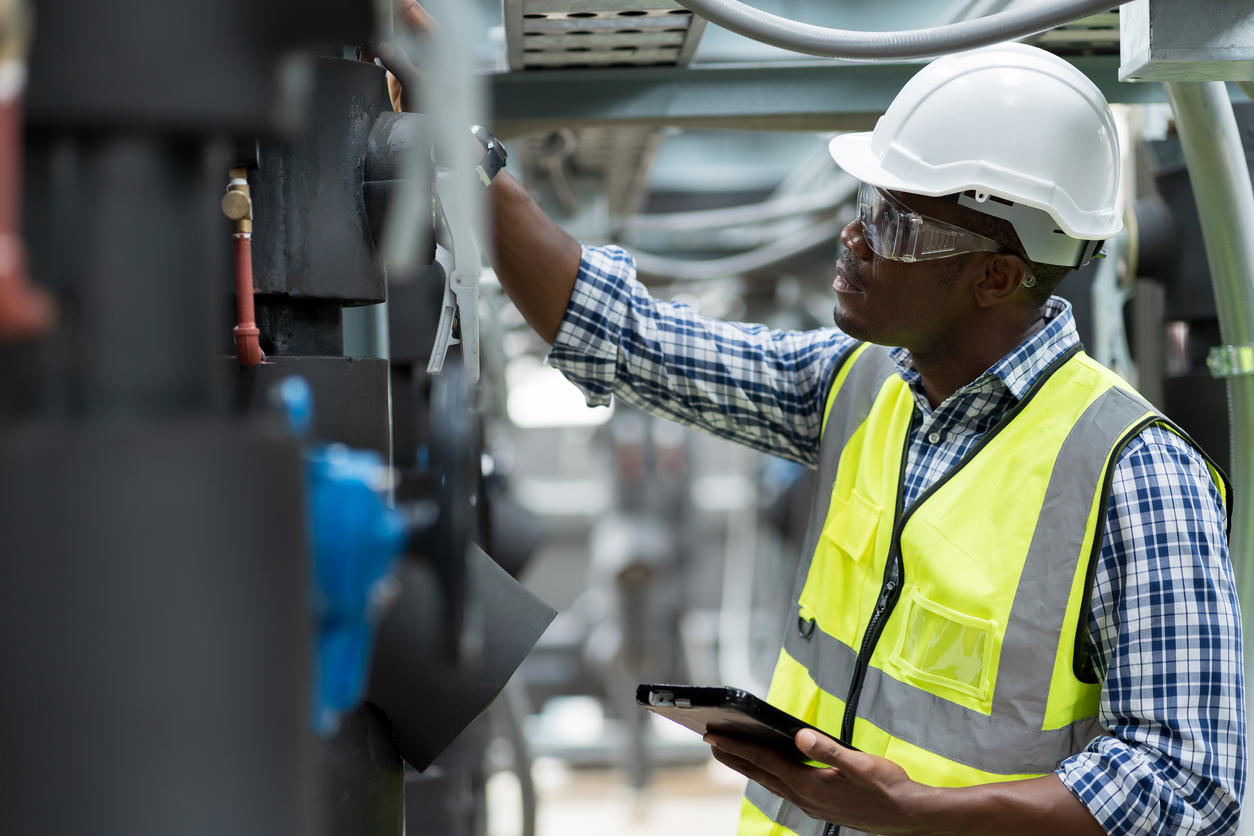
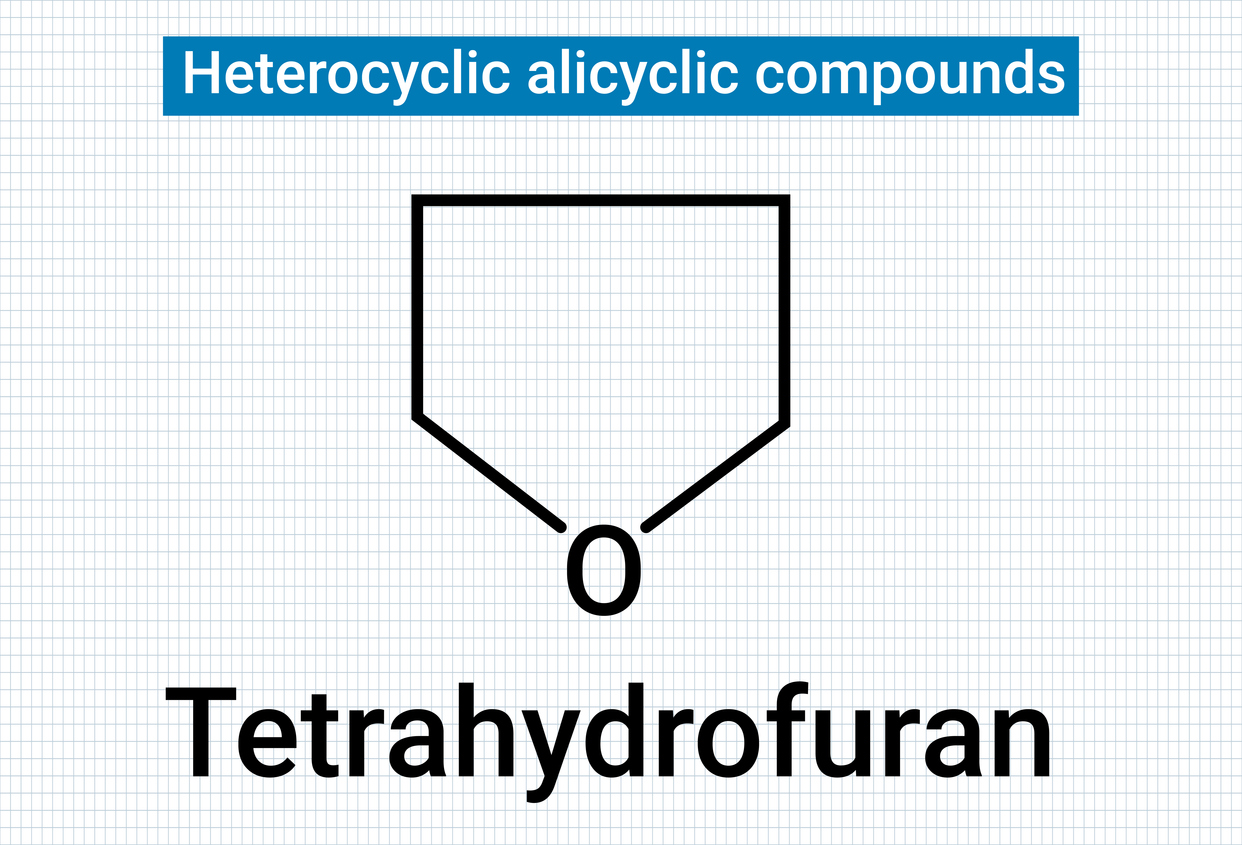

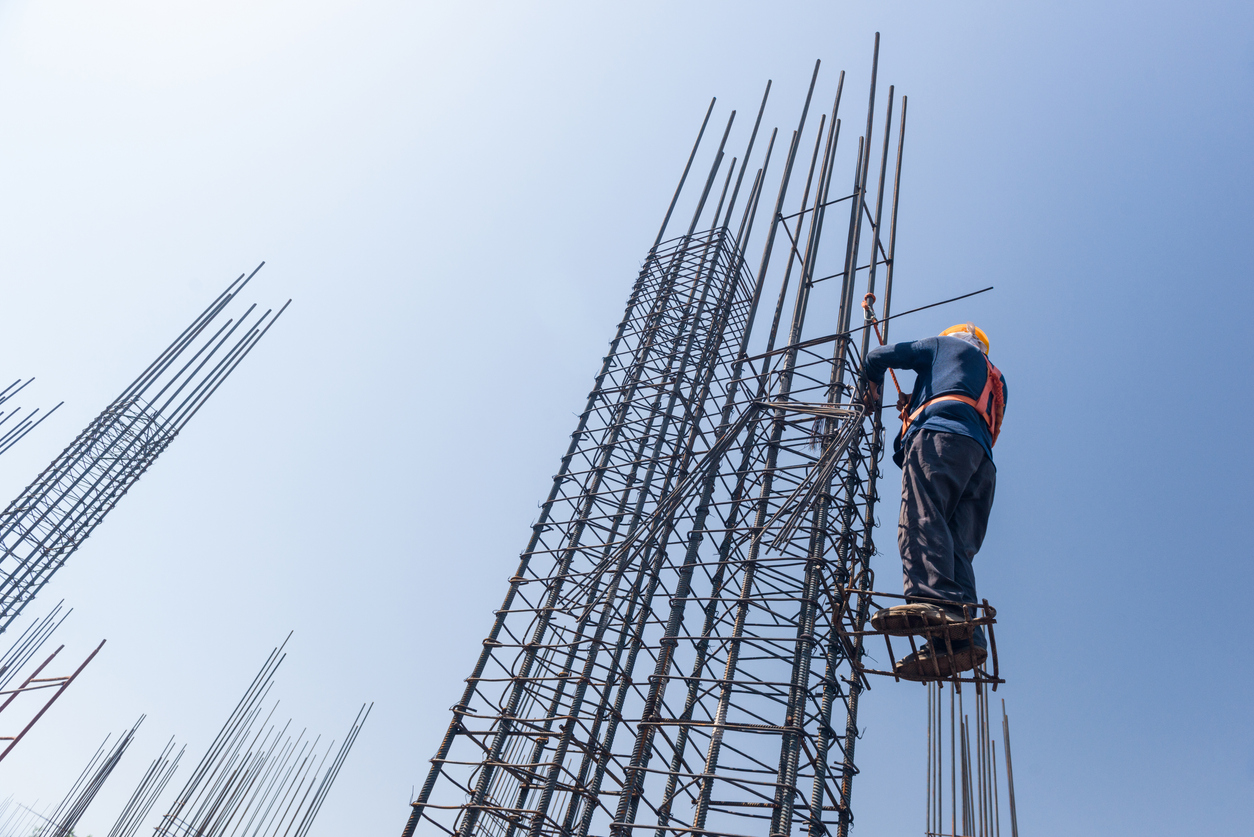
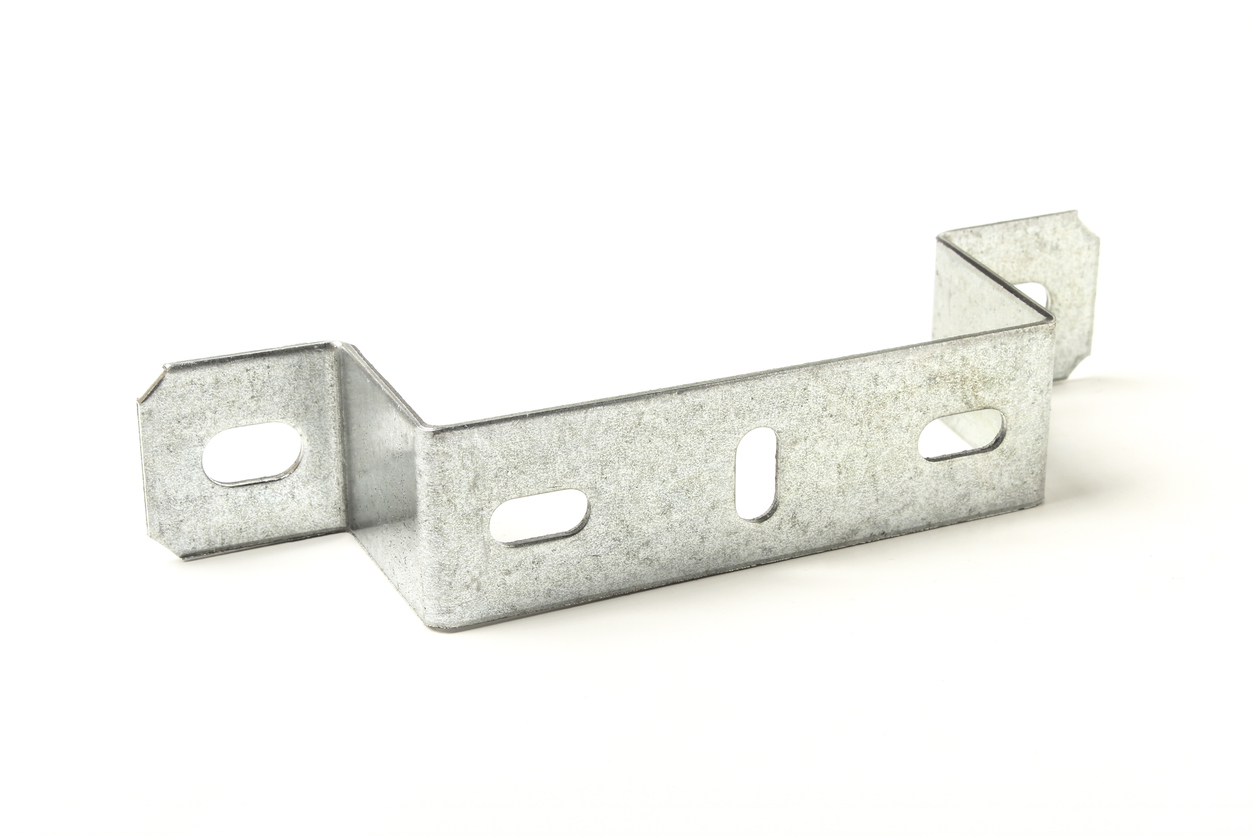
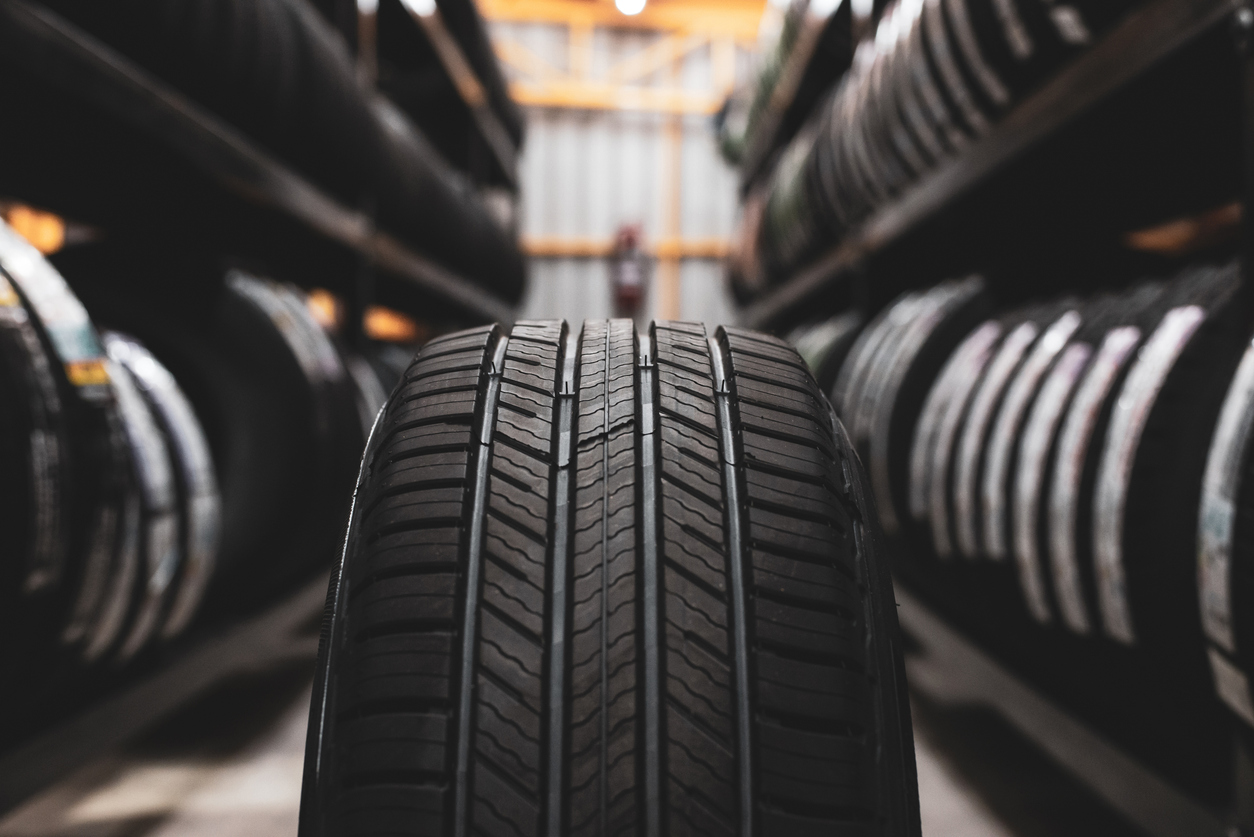
Comments are closed.